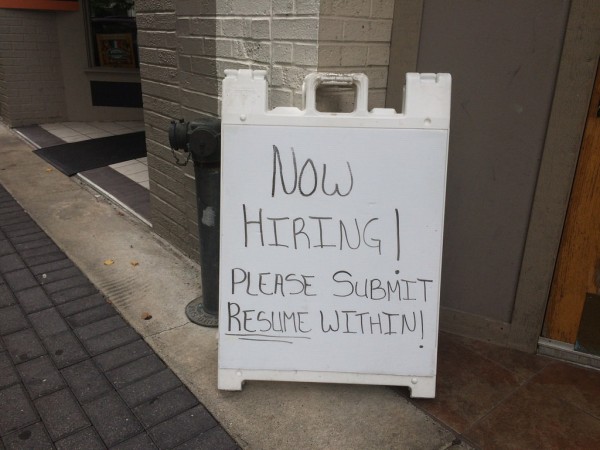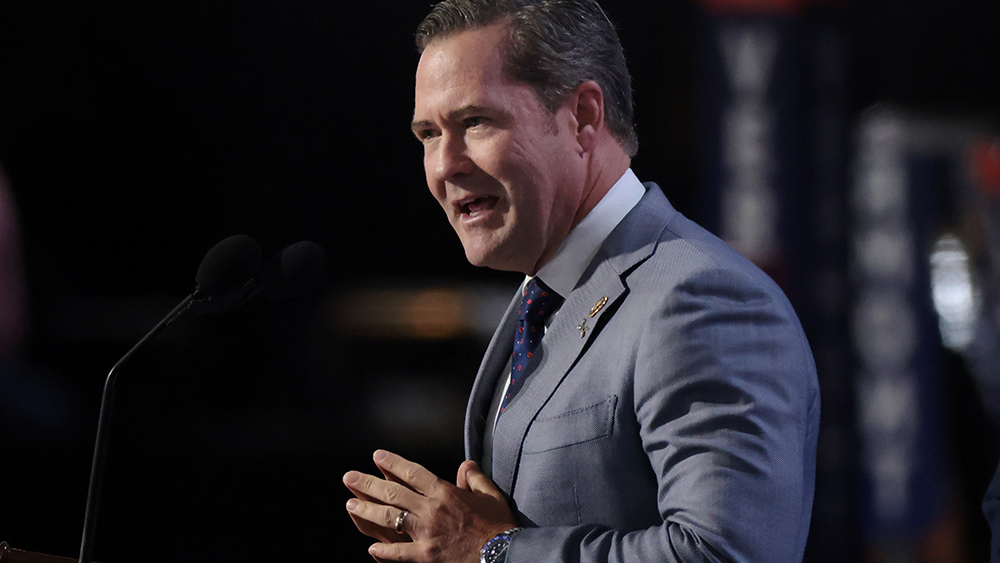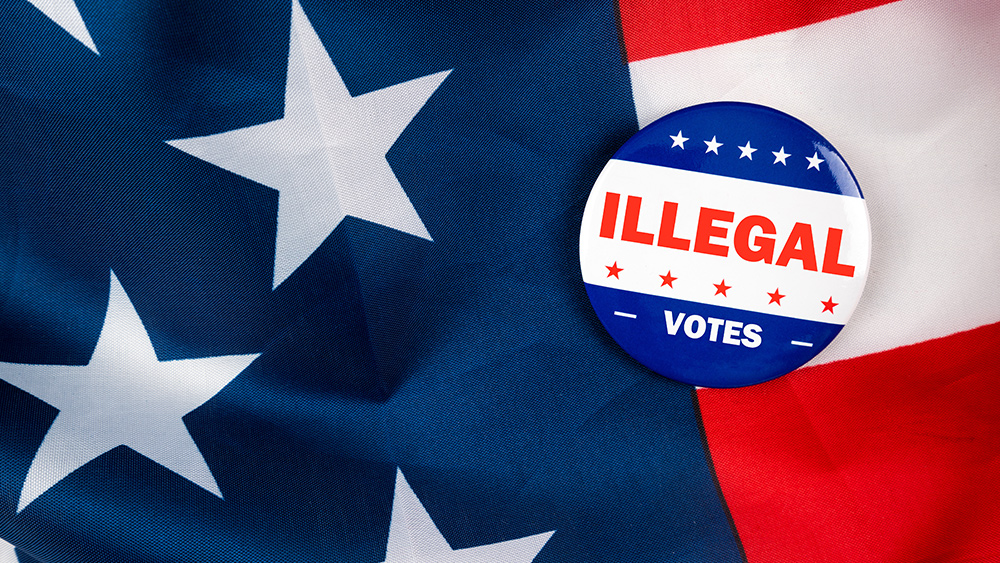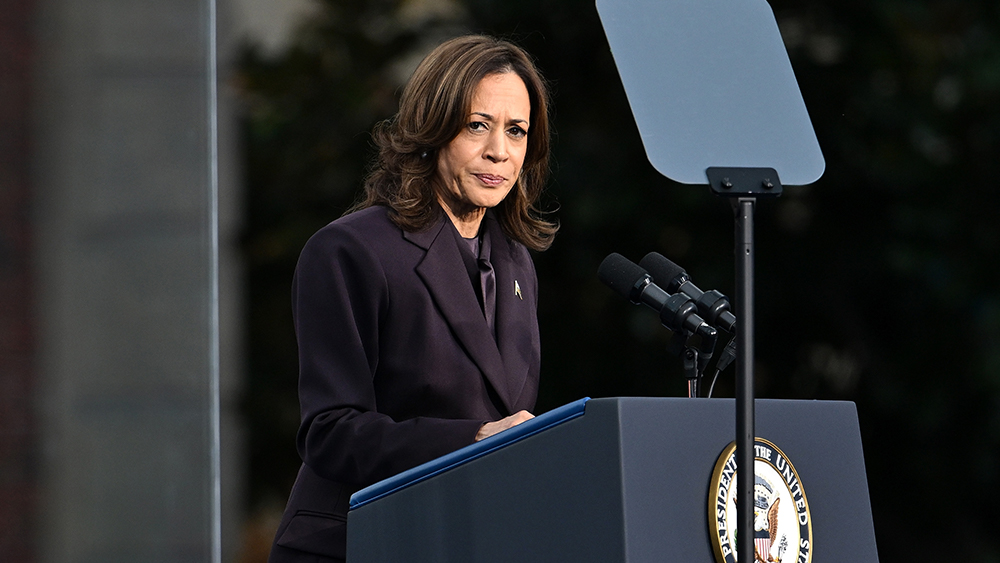 Parler
Parler Gab
Gab
- President Trump signed an order directing the DOJ to investigate ActBlue, the Democratic Party’s primary fundraising platform, for alleged illegal activity, including straw donations, foreign contributions and systemic fraud. The move follows bipartisan probes and public accusations, including from Elon Musk and activist Matt Van Swol, who claimed unauthorized donations were made in their names.
- The order cites congressional findings of ActBlue processing donations from foreign IP addresses and lax verification (e.g., no CVV code requirements until 2024). Reports claim ActBlue prioritized processing donations over addressing fraud, with 22 "significant fraud campaigns" since 2019, nearly half tied to foreign actors.
- ActBlue CEO called the probe a politically motivated “big lie,” vowing to continue operations. Democrats argue it targets grassroots donors, with DNC Chair Ken Martin labeling it an attempt to “undermine democratic participation.”
- Texas AG Ken Paxton’s 2023 probe into ActBlue’s security flaws (e.g., missing CVV checks) led to updated protocols but fueled scrutiny. Legal experts question if Trump’s order oversteps presidential authority, as the DOJ’s 180-day investigation bypasses standard review processes.
- Republicans frame ActBlue’s vulnerabilities as a national security risk, while Democrats warn stricter rules could suppress small-dollar donors. The clash sets the stage for a legal and ideological battle over election transparency, with 2026 midterms looming and debates over foreign interference versus free participation.
The executive order and its basis
Trump’s directive, formalized minutes after Musk’s viral Twitter post claiming ActBlue mishandled his supporters’ funds, instructs Attorney General Pam Bondi to examine whether the platform—and “other online fundraising entities”—has violated federal election laws since 2020. The order specifically cites congressional investigations finding that ActBlue processed hundreds of donations linked to foreign IP addresses and lax verification protocols, such as not requiring CVV codes on credit cards until late 2024. The memo also references a House report alleging ActBlue trained staff to prioritize processing donations over addressing red flags, including 22 “significant fraud campaigns” since 2019, nearly half involving foreign actors. ActBlue CEO Regina Wallace-Jones called the action “the next version of the big lie,” referring to Trump’s post-election claims of widespread fraud in 2020. In a statement, the platform vowed to “proceed undeterred,” framing the probe as partisan retribution. Democratic leaders, including DNC Chair Ken Martin, condemned the order as an effort to “undermine democratic participation,” asserting ActBlue’s role as a shield for small-dollar grassroots donors, many of whom give under $20. “Trump knows his chaotic agenda is failing, so he’s weaponizing federal power to silence opponents,” the statement read. Historical context underscores the political stakes. Texas Attorney General Ken Paxton’s December 2023 probe into ActBlue’s security lapses, including its failure to require CVV codes, resulted in updated fraud protocols but intensified nationwide scrutiny of the platform. The DOJ’s 180-day probe will examine transactions from January 2020 onward, with findings to be reported directly to Trump’s counsel, bypassing typical agency review pathways. Legal experts question whether the executive order oversteps presidential authority, though the White House framed it as bolstering “the cleanest, most secure elections in American history.”Fraud allegations and grassroots fallout
The controversy reached a crescendo when Musk and Van Swol publicly confronted ActBlue over unauthorized transactions. Musk claimed in an April 24 post on X that his Tesla critics were secretly funded by ActBlue, citing evidence of “criminal identity theft” funneling donations through prepaid cards. Van Swol, a conservative commentator, revealed that his name and address appeared on $733 in ActBlue donations to Kansas candidates, despite never traveling to the state. Independent journalism outfits, including James O’Keefe’s Media Group, have uncovered thousands of inconsistent transactions, including donations from deceased individuals and accounts linked to offshore shell companies. “This isn’t just partisan politics better—its evidence of rampant illegal activity,” said O’Keefe, whose investigation identified 13,500 suspect transactions in a three-month span. ActBlue insists it maintains “industry-leading security measures,” including post-processing fraud detection algorithms, but critics argue this reactive approach fails to prevent fraud in real time.Political implications for 2026 elections
The clash spotlights a growing fault line over campaign finance transparency as 2026 midterms approach. Republicans argue ActBlue’s vulnerabilities present national security risks, citing federal restrictions banning foreign election contributions and straw donor schemes that obscure funding sources. Democrats counter that stringent enforcement could disproportionately hinder small donors, many of whom rely on platforms like ActBlue for convenience. Chairman of the House Judiciary Committee Jim Jordan, a key architect of the GOP’s ActBlue probe, called it “a systemic threat to our democracy,” while Senate Minority Leader Mitch McConnell praised Trump’s order as “common sense reform.” Progressive groups, including the ACLU, warn of chilling effects on lawful contributions if platforms begin requiring invasive identity checks. As investigations unfold, the legal battle over the executive order’s legitimacy looms large. ActBlue’s potential lawsuits, coupled with Democratic efforts to label it a partisan overreach, could test judicial tolerance for presidential bids to reshape election oversight. With the midterms looming, the confrontation over ActBlue has become both a test of Trump’s national security priorities and a high-stakes culture war over who—and what—defines trustworthy participation in American democracy.Election security vs. partisan warfare
From coast-to-coast investigations and Silicon Valley’s megaphone to the Capitol’s committee hearings, the ActBlue saga underscores a fraught tension: how to protect election integrity without curtailing free expression. As the White House frames its push as defending the Republic from shadowy foreign actors, Democrats frame it as an incursion on civic rights—a struggle with no easy resolution as 2026 campaign funds begin to flow. Whether through courtrooms, fundraising pages, or social media feeds, the fight over who controls the narrative—and the money behind it—will shape the next chapter of American governance. Sources for this article include: YourNews.com WhiteHouse.gov NBCNews.comU.S. job market surges past projections despite looming tariff uncertainty
By Willow Tohi // Share
Trump taps Mike Waltz as next U.S. ambassador to the United Nations
By Laura Harris // Share
Mass protests erupt across China as Trump tariffs trigger economic crisis
By Laura Harris // Share
Two Ukrainian women charged with illegally voting in 2024 U.S. election
By Laura Harris // Share
Kamala Harris slams Trump’s policies, fuels speculations about her political future
By Willow Tohi // Share
Governments continue to obscure COVID-19 vaccine data amid rising concerns over excess deaths
By patricklewis // Share
Tech giant Microsoft backs EXTINCTION with its support of carbon capture programs
By ramontomeydw // Share
Germany to resume arms exports to Israel despite repeated ceasefire violations
By isabelle // Share










